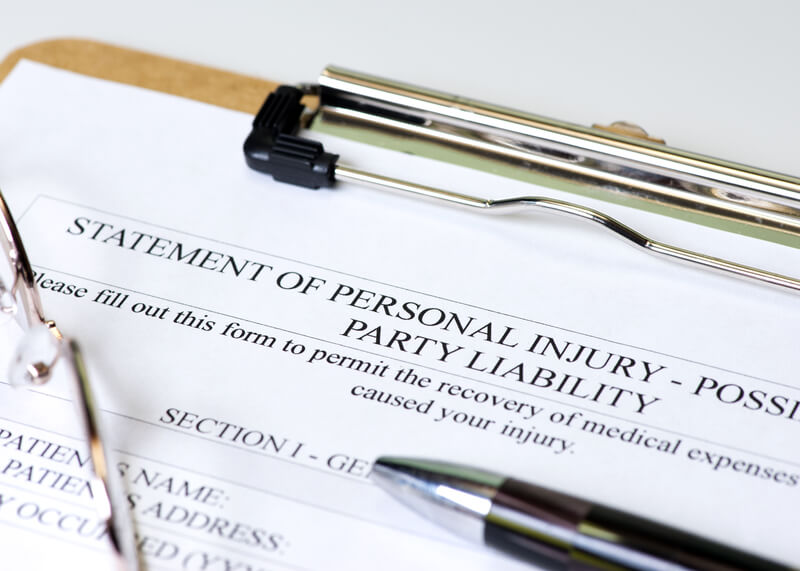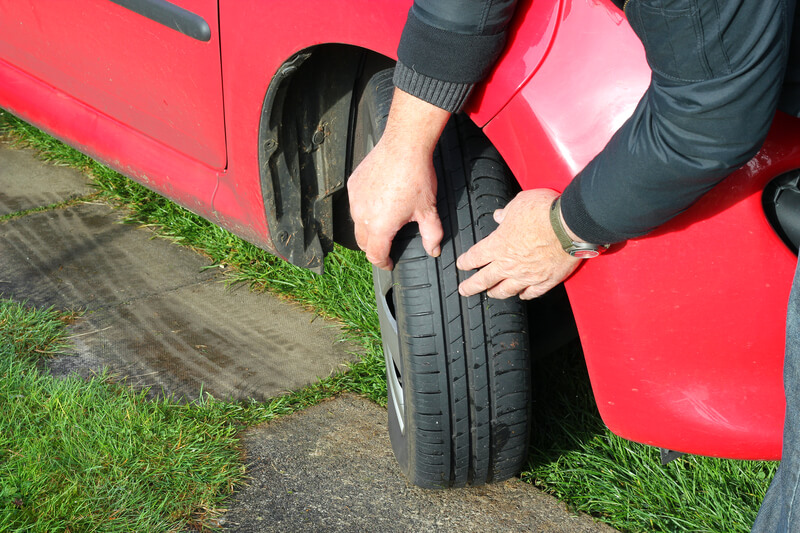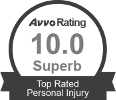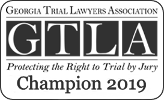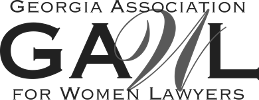After an injury on the job, workers’ compensation can help you cover the treatment you need: emergency care, surgery costs, specialist visits, and physical therapy. If your recovery stretches on for some time, your benefits can also help you pay the bills while you’re unable to work, partly covering your lost income and supporting your family.
But for a no-fault system meant to move quickly, Georgia workers’ compensation laws can be complicated, and it’s easy to take early missteps that lead to denied claims or lower payouts. If you’re just starting to navigate the Georgia claims process, what should you expect, and when might you need help?
What should you do after a workplace accident?
After any workplace injury, it’s important to get the medical care you need. You might already have a trusted family doctor, but if you’re hurt at work, the first provider choice isn’t entirely up to you. In Georgia, companies maintain a list of approved medical providers in a public area of the workplace: a posted panel of physicians. You can choose anyone on the list for your first evaluation, but you are limited to the providers on the posted panel. Later, you may have options to see another provider or get a second opinion.
After your work-related injury, you’ll also want to notify your manager or supervisor. It’s helpful to make the first report of injury in writing, but be sure you report the injury within 30 days. You’ll want to note:
- When and where the accident occurred (including date of injury)
- What you were doing at the time of the accident (especially any job-related tasks)
- How you were affected by the accident (including any medical expenses as a result of the accident)
- Any witnesses to the accident
For your own records, document what occurred in more detail—photographing the scene or noting any contributing factors, like cords left in a hallway, icy pathways, or ignored safety protocols, some of which may be considered OSHA violations. As you navigate treatment and missed time off work, keep any documents related to your injury and care.
To start the workers’ compensation process, you’ll want to file form WC-14 Notice of Claim, also known as a claim form, with the Georgia State Board of Workers’ Compensation, as well as with your employer and your employer’s insurer. Your employer doesn’t directly pay out workers’ compensation benefits. Instead, they carry workers’ compensation insurance and the State Board of Workers’ Compensation resolves claims.
You can file a WC-14 and kick off the process of making a workers’ comp claim without an attorney, but it’s often helpful to have a workers’ compensation lawyer, who understands the workers’ compensation claims process, with you from the start. An attorney can help you get second opinions or medical care you trust, gather documents related to your case, lower your chances of claim denial and handle communications with the insurance companies involved. However, if your claim is denied, it’s absolutely time to reach out to an attorney who understands the Georgia workers’ comp appeals process.
What is the first step in appealing workers’ compensation decisions?
After a denied claim, your first impulse might be to assume your employer is putting up a fight. That’s not always the case, however. Claims are sometimes denied due to adjuster clerical errors, missed deadlines, improper medical treatment, or a lack of evidence that your injury happened at work.
After you’ve determined why your claim was denied and resolved any simple errors, you’ll request a hearing in front of an administrative law judge. This is your best chance to change the outcome of your claim, and a workers’ compensation attorney can help by gathering evidence that more clearly demonstrates your injury occurred and that it occurred on the job.
If your claim is again denied, your case may then move to the Appellate Division of the State Board of Workers’ Compensation. There, the board will likely uphold the judge’s decision since you won’t be able to introduce new evidence. You may then appeal with the Georgia Superior Court and, finally, the Georgia Court of Appeals, but again, your best chance is with your first appeal.
What is a third-party claim?
The workers’ compensation program is designed to cover wage replacement and provide medical benefits to those injured on the job. The workers’ compensation system’s goal is to meet the basic needs of the employee. Third-party claims, if successful, can provide additional compensation to assist the life-long effects of sometimes permanent disabilities.
Because workers’ comp is a no-fault system, covered employees can receive benefits even when the injury was not their employer’s fault. But injured workers are usually limited to their workers’ comp claim and can’t file personal injury suits against their employer, except in cases of gross negligence.
But when someone else is involved—a contractor, property manager or other driver, for example—the injured employee may be able to pursue a workers’ comp claim against their employer and a personal injury suit against the third party, allowing compensation for pain and suffering.
Examples of a third-party claim might include:
- A delivery driver is sideswiped while driving for work: The employee could have a workers’ comp claim with his employer and a personal injury suit against the at-fault driver.
- A worker is hurt when she slips on a spill in her office lobby: The employee could have a workers’ comp claim against her employer and a personal injury suit against the property manager who didn’t clean up or mark off the hazard.
- A salesperson is assaulted by a customer at work: The employee can make a workers’ comp claim and also possibly sue the attacker.
A third-party claim is intended to help ease the pain and suffering of an individual with job injuries or a loved one in the event of a wrongful death case. A person injured on the job may have ongoing medical bills.
A workers’ compensation attorney will help ensure that the two claims align and the workers’ comp insurer does not recover payments from the personal injury settlement.
Atlanta workers’ compensation attorneys
If you’ve been hurt at work, a Georgia workers’ comp lawyer can help you receive a fair claim. If you need help, contact the workers’ comp and personal injury attorneys at Litner + Deganian for a free consultation and case evaluation.



